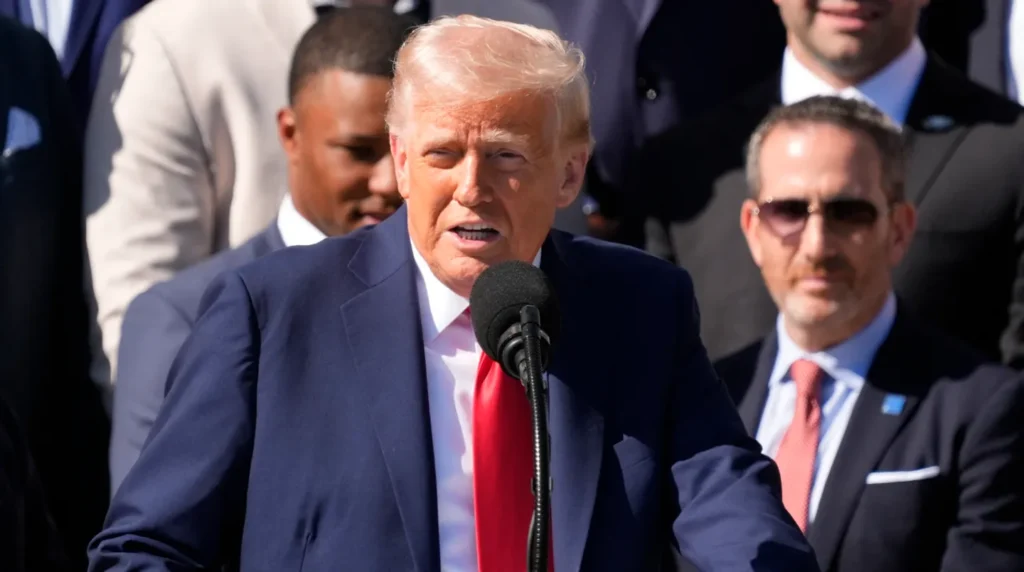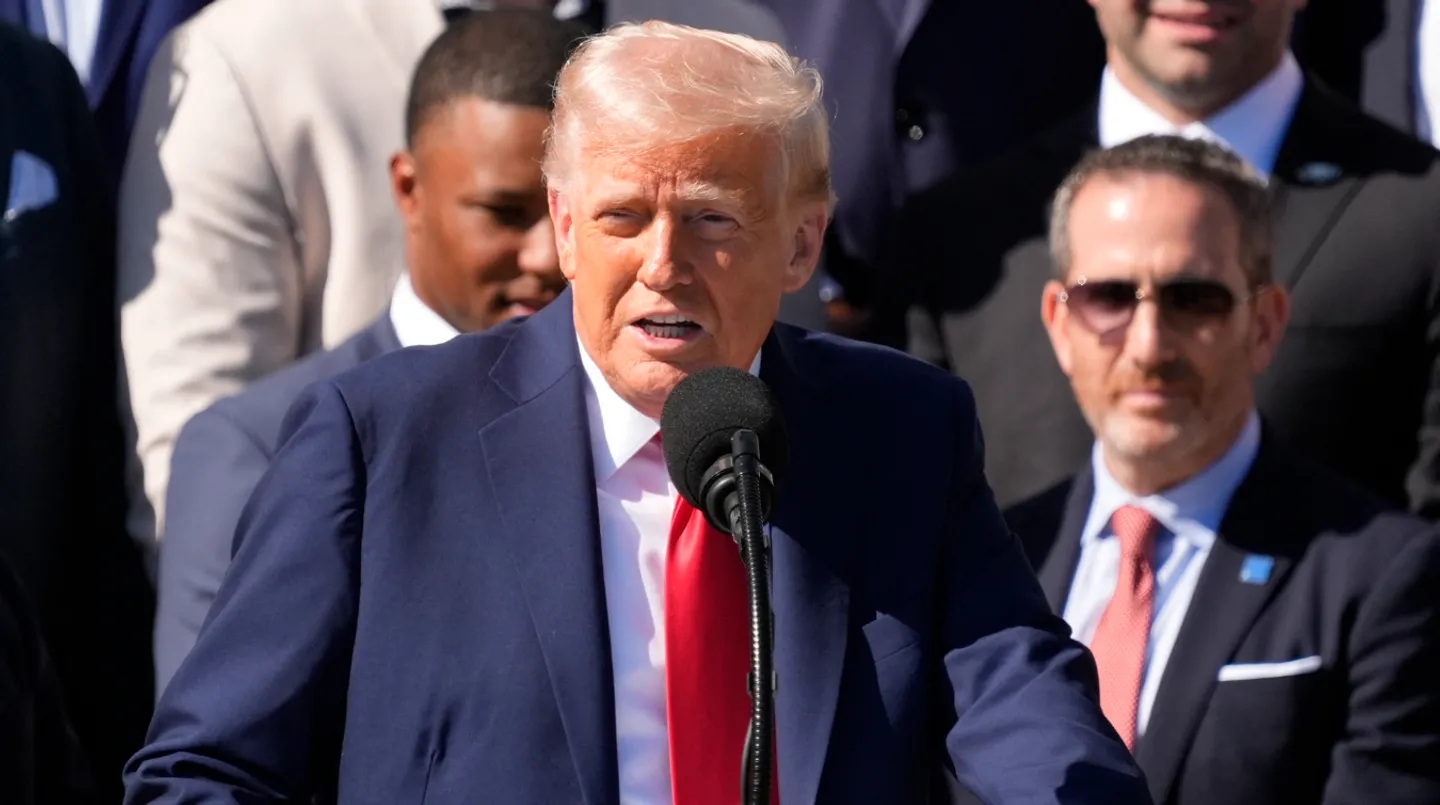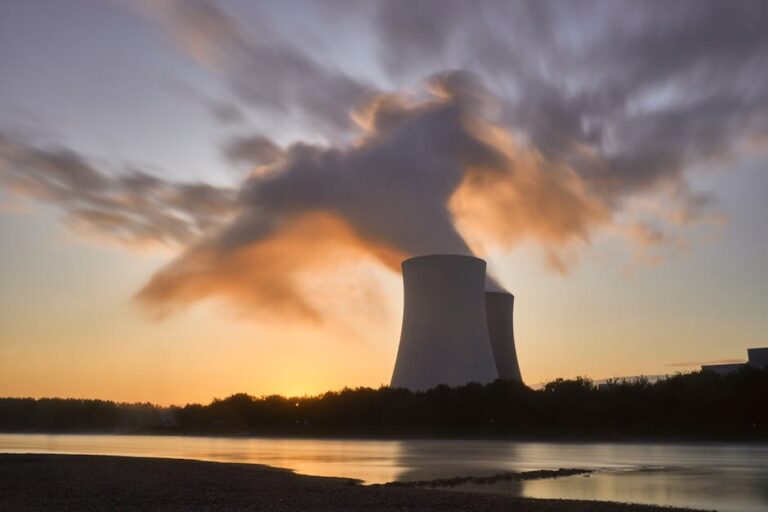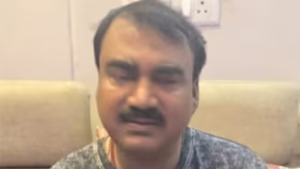In a dramatic and explosive statement, U.S. President Donald Trump has declared that Washington has “lost India and Russia to the deepest, darkest China,” wishing the three nations a “long and prosperous future together.” The remark has triggered a storm of debate across diplomatic, economic, and strategic circles, underscoring the growing turbulence in global power dynamics.
A Frustrated Admission or Strategic Wordplay?
Analysts view as a mix of political frustration and strategic wordplay. For weeks, the U.S. administration has faced mounting criticism over tariff wars, deteriorating trade negotiations, and its inability to halt the grinding war in Ukraine. Trump’s latest comment, observers argue, is less about a factual geopolitical shift and more a desperate attempt to shift blame from his administration’s failures to India’s and Russia’s growing ties with China.
According to Siddhant Mishra, a senior journalist, “This statement is Trump’s way of handling pressure. He is trying to pre-empt criticism by accepting defeat in advance and blaming India for spoiling ties with the United States.”

The China Factor: Powerful Imagery and Strategic Signaling
Trump’s anger comes on the heels of the recent Shanghai Cooperation Organisation (SCO) summit in Tianjin, where powerful visuals of Prime Minister Narendra Modi, Russian President Vladimir Putin, and Chinese President Xi Jinping together sent a chilling message to the West. For Washington, these images symbolized not only the strategic camaraderie between the three leaders but also the erosion of America’s influence in Asia.
Diplomats suggest that the U.S. president felt increasingly isolated and sidelined, particularly as the European Union reached out directly to Prime Minister Modi. EU President Ursula von der Leyen urged Modi to use his “good offices” with Putin to end the Ukraine conflict—a move widely seen as a stinging diplomatic snub to Washington.
A Shift in Global Trust or Trump’s Overreaction?
While paints the situation as a catastrophic loss of allies, seasoned diplomats argue otherwise. Ambassador K.P. Fabian, a veteran foreign policy expert, cautioned against taking Trump’s words literally. “India follows a policy of multipolar diplomacy. It works with all major powers depending on the issue. To say that India has aligned itself against the U.S. with China and Russia is a gross exaggeration,” he said.
Fabian also pointed out that volatile diplomacy often involves sharp swings in tone. “What he says today may not be what he says tomorrow. His anger with Prime Minister Modi is personal, not institutional,” the ambassador added.
Trade Tensions: An Uncertain Road Ahead
Trump’s fiery rhetoric also casts doubt on the much-anticipated bilateral trade agreement between India and the U.S. Commerce Minister Piyush Goyal recently expressed optimism that the first tranche of the deal could be finalized by November. But Trump’s statement risks derailing those hopes.
“For now, there are no ongoing negotiations,” Ambassador Fabian confirmed, highlighting that trade progress may depend on a potential summit-level meeting later this year. With Trump declaring India “lost,” the fragile trust required to push through such an agreement appears increasingly unstable.
Reading Between the Lines: Trump’s Political Calculus
Observers say Trump’s “deepest, darkest China” remark must be understood within the context of his domestic political pressures. Facing the Epstein file controversy, tariff disputes in the Supreme Court, and criticism of his Ukraine policy, Trump may be using India and Russia as convenient scapegoats to rally his base.
By portraying India’s outreach to China and Russia as betrayal, Trump shifts responsibility for diplomatic setbacks onto foreign leaders rather than acknowledging strategic missteps at home. Critics label this as a reckless blame game, while supporters view it as bold truth-telling in the face of shifting alliances.
What Lies Ahead?
Despite Trump’s provocative rhetoric, most experts believe U.S.–India relations remain strong, albeit strained. India continues to value its strategic partnership with Washington, especially in areas such as defense, technology, and counterterrorism. At the same time, India’s ties with Russia and China reflect its long-standing non-aligned, multipolar approach to global diplomacy.
Whether Trump’s statement is remembered as a moment of candor or a historic blunder will depend on how the U.S., India, and Russia navigate their relationships in the coming months. For now, his words have certainly sent shockwaves across the geopolitical landscape, leaving allies and rivals alike questioning Washington’s strategic clarity.









